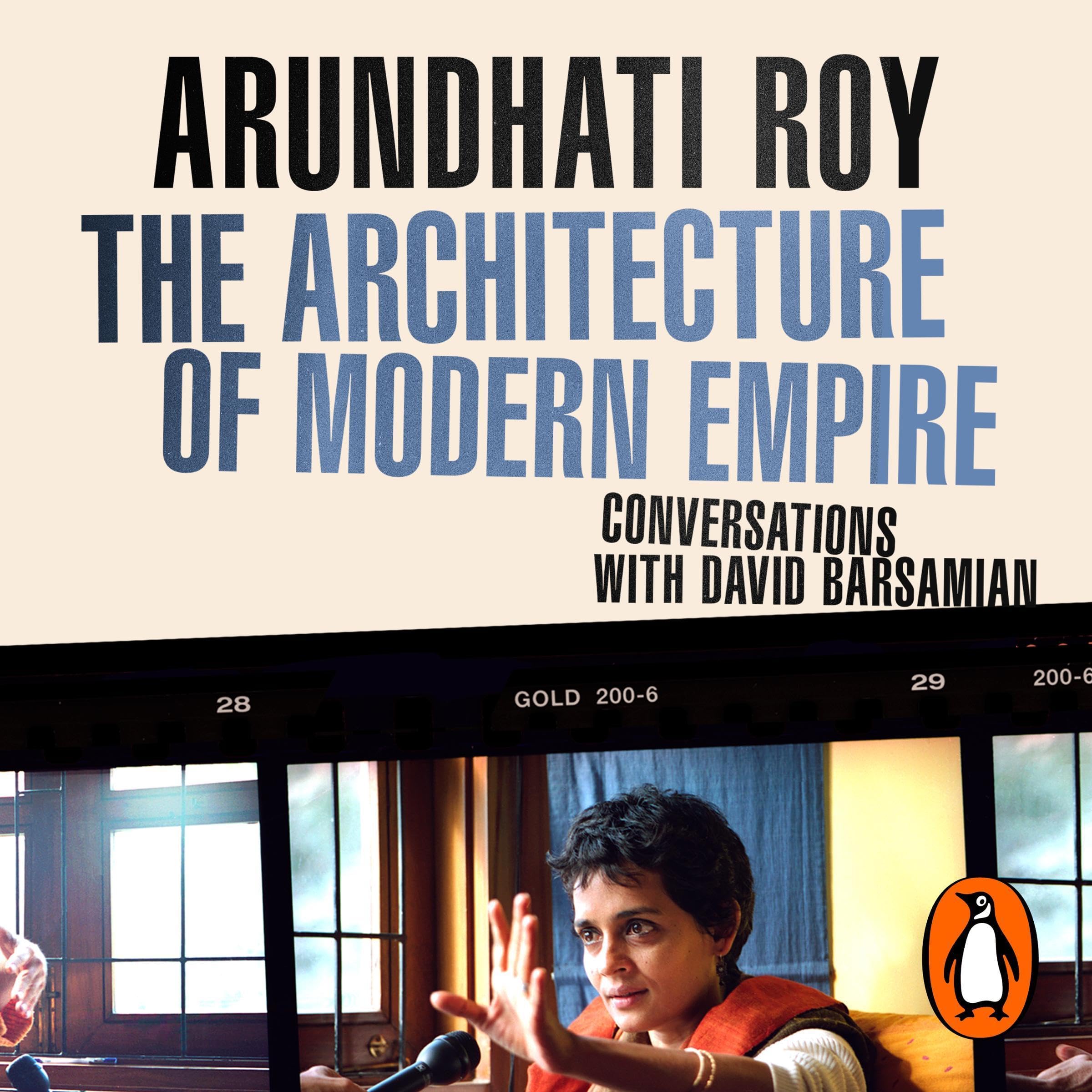What do you think?
Rate this book


Audible Audio
First published January 1, 2024
Poetry, literature, the way you build a story, the way you tell a story, the way you construct a sentence, these are all more indestructible that almost anything else. To insist on beauty. To insist on the fact that you are going to spend a lot of time trying to create something that presents the world as different from the way people want you to see it. That you notice things that people don't want to notice. These are acts of resistance for me. They're not sloganeering acts of resistance. They are not marching acts of resistance.